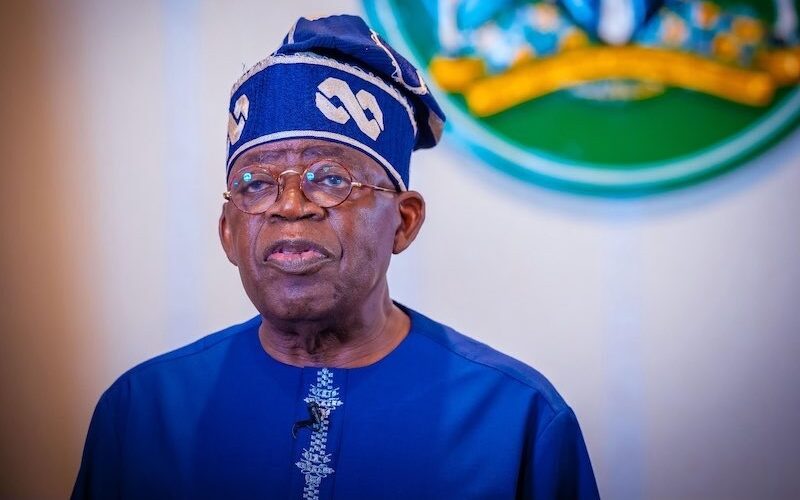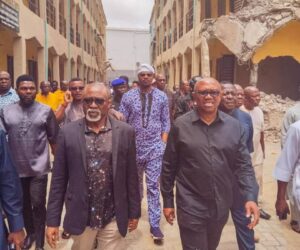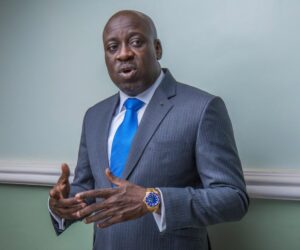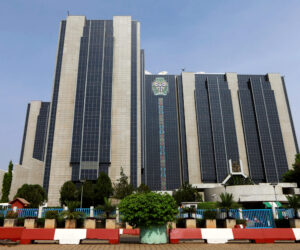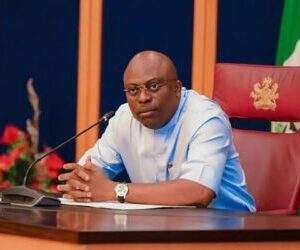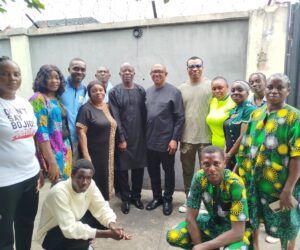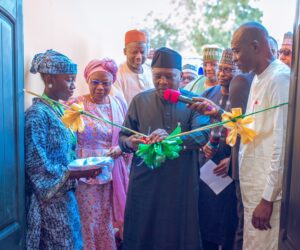President Bola Tinubu has stated that his administration is committed to providing equal access to road infrastructure, electricity, healthcare, and job opportunities for all Nigerians, regardless of region or political affiliation.
In a statement on Monday, Mr Tinubu listed projects such as the Lagos–Calabar Highway, Sokoto–Badagry Superhighway, Port Harcourt–Maiduguri rail line and Abuja–Kaduna–Kano expressway as proof that no region is being neglected.
“I took an oath to serve all Nigerians, not a section. That oath guides every bridge, road, rail, power, and health project we deliver.
“From the Lagos–Calabar Highway in the South to the Sokoto–Badagry Superhighway in the North; from Port Harcourt–Maiduguri rail in the East to Abuja–Kaduna–Kano expressway in the Centre, and the Trans-Saharan highway connecting African countries, these are not local trophies. They are our national assets,” he said.
He also said that 250,000 jobs are being created, healthcare centres are being rehabilitated nationwide, and power is returning to Kaduna through the revival of a 255MW power plant.
“Health centres are being rehabilitated nationwide, light rail projects in Kano, Kaduna, Lagos & Ogun have been given the green light, 250,000 jobs are being created, power is returning to Kaduna through the revived 255MW power plant, bridges in Onitsha & Bonny reconnect our people, oil exploration is expanding in Bauchi & Gombe, and the AKK pipeline has crossed the Niger.
“Every farmer who needs a road, every trader who needs power, every child who needs a school, every patient who needs care… this is who we are building for. This is the equity of Renewed Hope. No Nigerian is second-class, no region is left behind. Together we will rise as one nation, one people, and one destiny,” the president said.
The highways
The Lagos–Calabar Highway, a 700km coastal corridor, is meant to boost cargo movement from seaports, cut transport costs, and drive tourism across the South.
Similarly, the Sokoto–Badagry superhighway is conceived as a North-west to South-west corridor.
If completed, both projects could reshape Nigeria’s logistics chain. Yet critics argue that construction is still in its early stages, land acquisition is contentious, and funding remains uncertain.
250,000 jobs
While the presidency has repeated the figure in several policy announcements, no official breakdown has been provided on how these jobs are being created, whether they are permanent or temporary, or in which sectors they exist.
Unemployment and underemployment remain widespread. As of June 2024, the National Bureau of Statistics (NBS) put unemployment at 4.3 per cent, but millions of Nigerians are either working below capacity or in unstable jobs.
Power supply
The presidency referenced the revival of the 255MW Kaduna power plant as a symbol of progress. But the plant has not consistently delivered to the national grid, and power supply nationwide remains unsteady.
Distribution companies even say they have not recorded significant improvements linked to new generation projects.
This undercuts the administration’s claim of a turning point in energy access.
Rail projects
The Port Harcourt–Maiduguri rail line was launched under the Buhari administration in 2021, with China Civil Engineering Construction Corporation (CCECC) contracted for the work. Yet progress has been slow, with funding constraints stalling the project in several sections.
Health sector
Although the government is supporting primary health care (PHC) centres through the Basic Health Care Provision Fund, increasing direct funding for them, thousands of PHCs remain without adequate personnel and equipment across the country.
PREMIUM TIMES had reported several cases of primary healthcare facilities being underfunded, understaffed and poorly equipped. While some tertiary hospitals have seen renovations, none are considered good enough for the treatment of the president.
Debt, funding, and feasibility
Behind all these megaprojects lies a financial shadow. Nigeria’s public debt now exceeds N120 trillion, with debt servicing consuming more than 70 per cent of revenue. Many of the flagship projects depend on loans or public-private partnerships (PPPs).
The Lagos–Calabar Highway is being pursued as a PPP with federal backing. The Port Harcourt–Maiduguri rail is tied heavily to Chinese loans.
With oil revenues increasing but under strain and the implementation of tax reforms yet to begin, some economists have warned that debt-driven projects risk becoming unsustainable, stalling midway, or leaving Nigeria with unfinished infrastructure.

